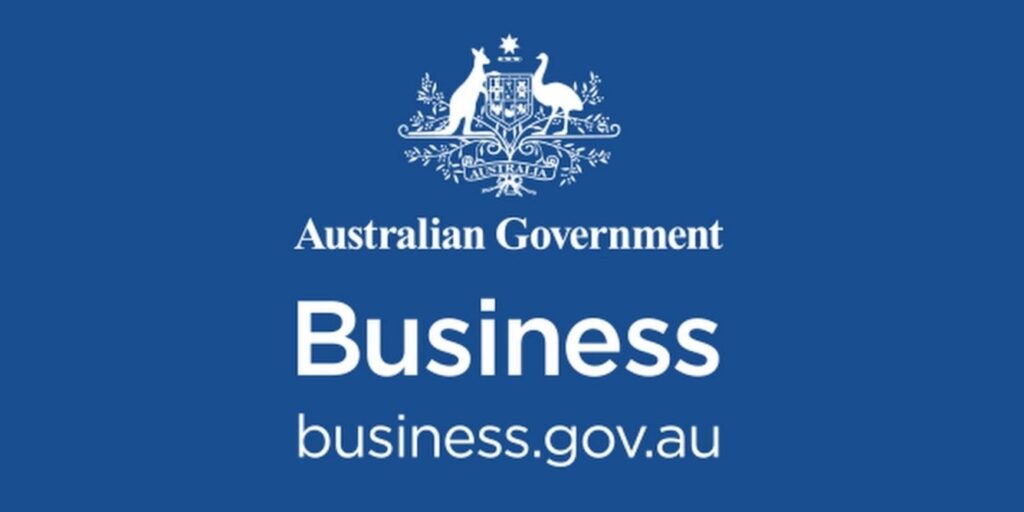From 1 July 2024 there will be changes that you should be aware of, including changes to the National Minimum Wage, casual employment and business name and company registration fees.
From 1 July 2024, the National Minimum Wage will increase by 3.75%. This means the new National Minimum Wage will be $24.10 per hour, or $915.90 per week.
This increase will apply from the first full pay period starting on or after 1 July 2024. This means if your weekly pay period starts on Wednesday, the new rates will apply from Wednesday, 3 July 2024.
From 1 July 2024 the superannuation guarantee rate will increase from 11% to 11.5%.
In line with an increase in the Consumer Price Index (CPI) for the March quarter, the Australian Securities and Investment Commission will increase company fees and business name fees from 1 July 2024.
A ban on the manufacture, supply, processing and installation of engineered stone benchtops, panels and slabs will be implemented in Australia from 1 July. This is due to the danger that engineered stone dust poses to workers.
The Australian Government’s new Environmentally Sustainable Procurement Policy will take effect from 1 July 2024. If your business supplies goods or services to the government, this means you’ll be required to undertake activities to substantiate environmental claims and demonstrate compliance with the policy.
There are multiple changes to casual employment laws from 26 August 2024. The changes include:
- A new casual employee definition will be introduced to the Fair Work Act. Under this definition, an employee is only a casual if:
- there isn’t a firm advance commitment to continuing and indefinite work, taking into account a few factors, including the real substance, practical reality, and true nature of the employment relationship
- they’re entitled to receive a casual loading or specific casual pay rate.
- Changing from casual to permanent employment (casual conversion). A new pathway will be introduced for eligible employees to change to permanent employment if they want to. This will replace the current rules for changing to permanent employment.
- Employers must provide the Casual Employment Information Statement (CEIS) to all new casual employees.
There are multiple changes to definitions and protections for independent contractors from 26 August 2024. The changes include:
- A new definition will be added to the Fair Work Act to help determine the meaning of ‘employee’ and ‘employer’.
- Contractors will be able to apply to the Fair Work Commission if they think their services contract contains an unfair contract term.
- New frameworks will be set up to protect independent contractors:
- performing work on digital labour platforms (employee-like workers)
- working in the road transport industry.
Eligible employees will have the right to refuse employer or third-party contact outside of working hours.
This change starts on 26 August 2024 for non-small business employers and 26 August 2025 for small business employers.


